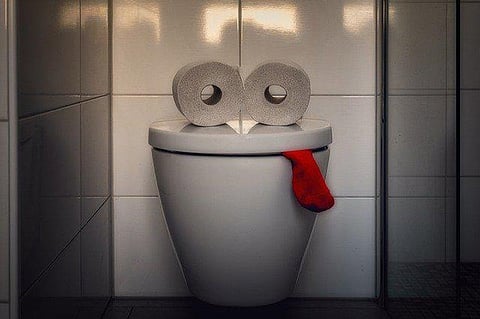
- Home
- न्यूजग्राम
- NewsGram USA
- India
- World
- Politics
- Entertainment
- Culture
- Lifestyle
- Economy
- Sports
- Sp. Coverage
- Misc.
- NewsGram Exclusive
- Jobs / Internships

Researchers are developing a new artificial intelligence (AI) tool that can be added to the standard toilet to help analyze patients' stool and give gastroenterologists the information they need to provide appropriate treatment. The new technology could assist in managing chronic gastrointestinal issues such as inflammatory bowel disease (IBD) and irritable bowel syndrome (IBS), indicates the study selected for presentation at Digestive Disease Week (DDW) 2021.
"Patients often can't remember what their stool looks like or how often they have a bowel movement, which is part of the standard monitoring process," said researcher Deborah Fisher from Duke University in the US. "The Smart Toilet technology will allow us to gather the long-term information needed to make a more accurate and timely diagnosis of chronic gastrointestinal problems," Fisher added.
Follow NewsGram on Facebook to stay updated.
The technology can be retrofitted within the pipes of an existing toilet. Once a person has a bowel movement and flushes, the toilet will take an image of the stool within the pipes. The data collected over time will provide a gastroenterologist a better understanding of a patient's stool form (i.e., loose, normal, or constipated) and the presence of blood, allowing them to diagnose the patient and provide the right treatment for their condition.
To develop the artificial intelligence image analysis tool for the Smart Toilet, researchers analyzed 3,328 unique stool images found online or provided by research participants. All images were reviewed and annotated by gastroenterologists according to the Bristol Stool Scale, a common clinical tool for classifying stool.
Using a computationally efficient approach to convolutional neural networks, which is a type of deep learning algorithm that can analyze images, researchers found that the algorithm accurately classified the stool from 85.1 percent of the time; gross blood detection had an accuracy of 76.3 percent. (IANS/JC)
